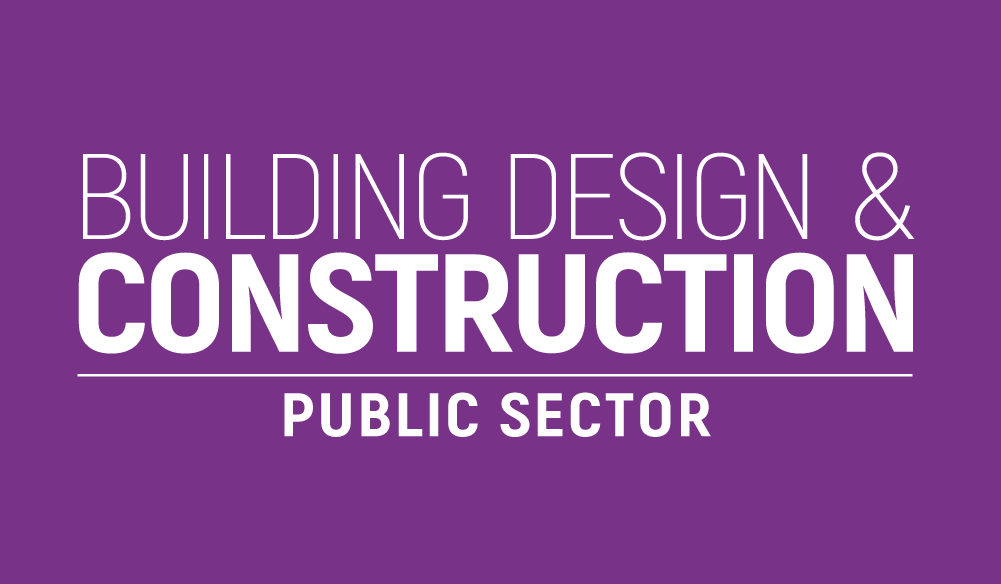London Councils has urged the government to reconsider key elements of plans to reform council funding in its response to the Fair Funding Review 2.0 consultation, which closed recently (Friday 15 August).
In particular, the cross-party group highlighted the need to accurately measure the capital’s high levels of deprivation, with the impact of housing costs properly factored in.
Boroughs argue ‘flawed’ deprivation measures risk undermining the government’s aim of ensuring funding follows need. For example, the deprivation measure currently proposed gives ‘road distance to a post office’ equal weighting to levels of homelessness – suggesting these factors have the same level of impact on deprivation in a community [1].
London Councils has also raised concerns about:
- The inclusion of a new, unevidenced ‘remoteness’ factor. This would redistribute funding to account for a theoretically higher cost of providing services in more remote areas – despite previous government research disproving this theory [2].
- The proposed formula for children’s services. This “dramatically underestimates” the level of need in the capital and has “questionable” robustness and accuracy, according to research published by the National Children’s Bureau [3].
The government’s reforms, which set out a new approach to distributing funding between local authorities in England, are due to be implemented from 2026/27 and will have a major long-term impact on council finances.
While London Councils welcomes the government’s commitment to target areas of high deprivation when allocating funding, the cross-party group says the proposed deprivation measures do not sufficiently factor in housing poverty – with potentially devastating consequences for London boroughs’ future budgets.
Housing costs take up the largest portion of most household spending. How much someone pays for housing has a significant impact on their disposable income, and the wider impact of housing availability and homelessness is a significant driver of deprivation.
However, the government plans to use the Index of Multiple Deprivation (IMD) to measure deprivation, which fails to account for these impacts as it does not adequately reflect housing poverty.
Housing poverty is a particular concern for the capital, where one in 50 Londoners is currently homeless and living in temporary accommodation, and one in four London households is living in poverty when housing costs are taken into account.
Cllr Claire Holland, Chair of London Councils, said:
“We have long called for reform to local government funding to ensure money is distributed fairly on the basis of need. However, the current proposals risk failing to achieve this. After more than a decade of structural underfunding, rising demand and skyrocketing costs, the impact on London could be severe.
“It is right to focus resources on areas with the highest levels of deprivation, but we can’t ignore deprivation in the capital – London has the highest rate of poverty in the country once housing costs are factored in. It is difficult to explain how proximity to a post office affects someone’s life as much as homelessness, yet these factors are given equal weighting under the current proposals.
“As the government considers the responses to the consultation, we will continue working with them to ensure we create a funding regime that genuinely matches resources to need and helps restore financial stability to the sector. This is critical to us delivering on our shared priorities, including building homes, creating jobs and driving economic growth.”
London Councils is urging the government to amend its proposals so that the new funding formula is robust and accurately measures levels of need for local services.
Councils in London already have the widest funding gap of any region in the country. Research from the Institute for Fiscal Studies (IFS) previously found an estimated 17% gap between funding need and the actual levels of local government funding across the whole of London. Recent analysis by the IFS found that “regionally London is the biggest loser” under the current funding reform proposals.
Boroughs are facing a funding shortfall of at least £500m this year and nearly one in four (seven) currently rely on emergency borrowing measures through the government’s Exceptional Financial Support (EFS) scheme – the highest rate of any region in the country.
London Councils’ modelling of proposed funding reforms suggests a majority of the London boroughs currently reliant on EFS will actually see their funding shares decrease under the current proposals. Without sufficient funding to meet the demand and cost of delivering services in the capital, the cross-party group warns that more councils risk needing EFS.
London Councils’ briefing on the Fair Funding Review 2.0 proposals can be found here.
Building, Design & Construction Magazine | The Choice of Industry Professionals





